The Department of Computer Applications (MCA) was started in the year 2003. Started with an intake of 60 students, the sanctioned intake was increased to 120 seats in 2007. In the year 2010, the sanctioned intake was increased to 180 seats.
The department has organized various workshops in collaboration with the industry to keep abreast with the latest updates and conducted lecture series by eminent personalities from the industry and academia. To foster creativity amongst the students and faculty it brings forth National Conference titled Emerging Issues in Computer Applications once in a year.
To enlighten and explore every mind technically, a National Level Technical Symposium "Zelos" is being organized by our Students on a yearly basis.Thus, the post-graduation program produces ideal Software Professionals, well equipped to meet the challenges of the rapidly growing IT industry.
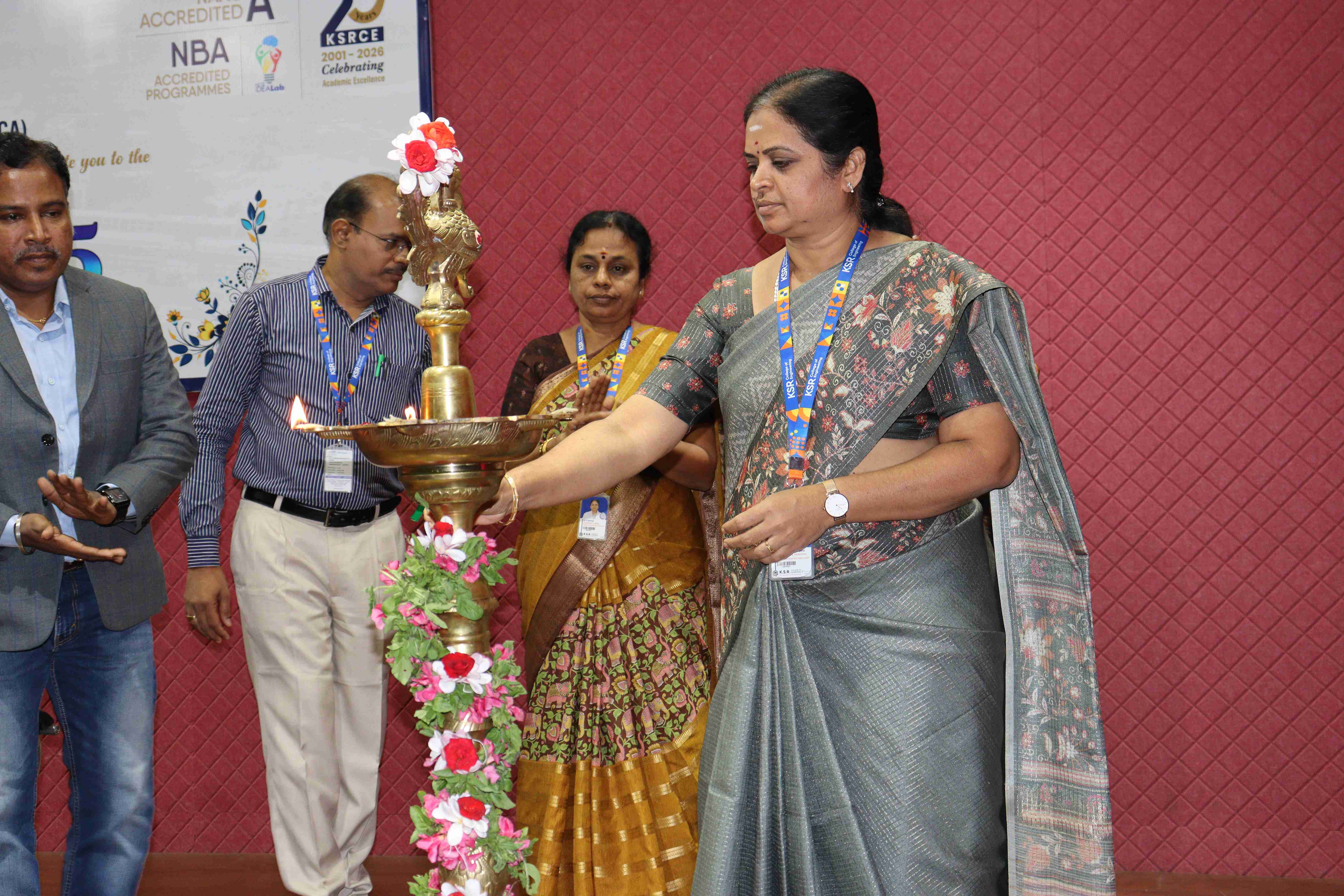
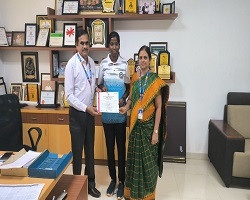
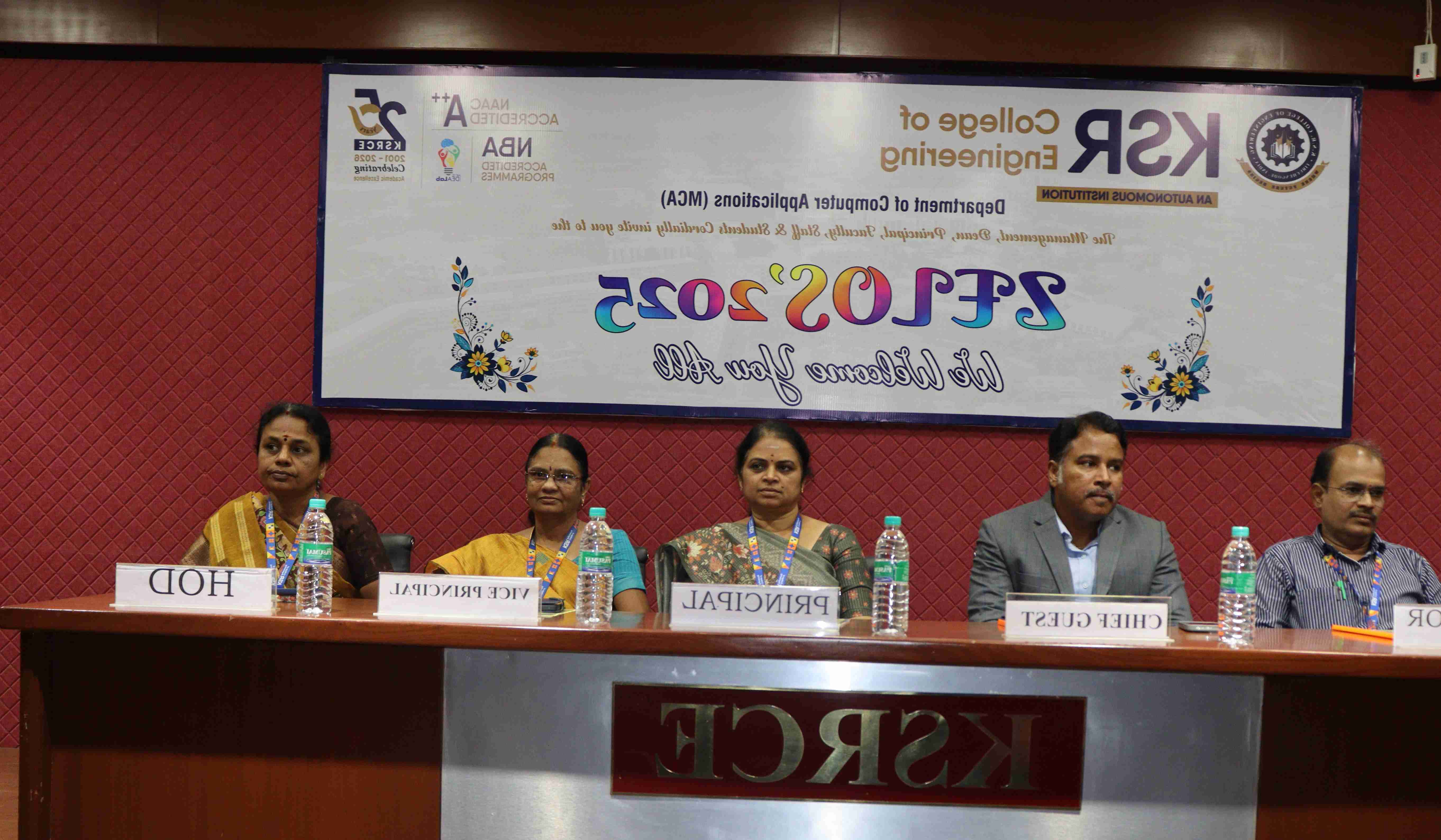
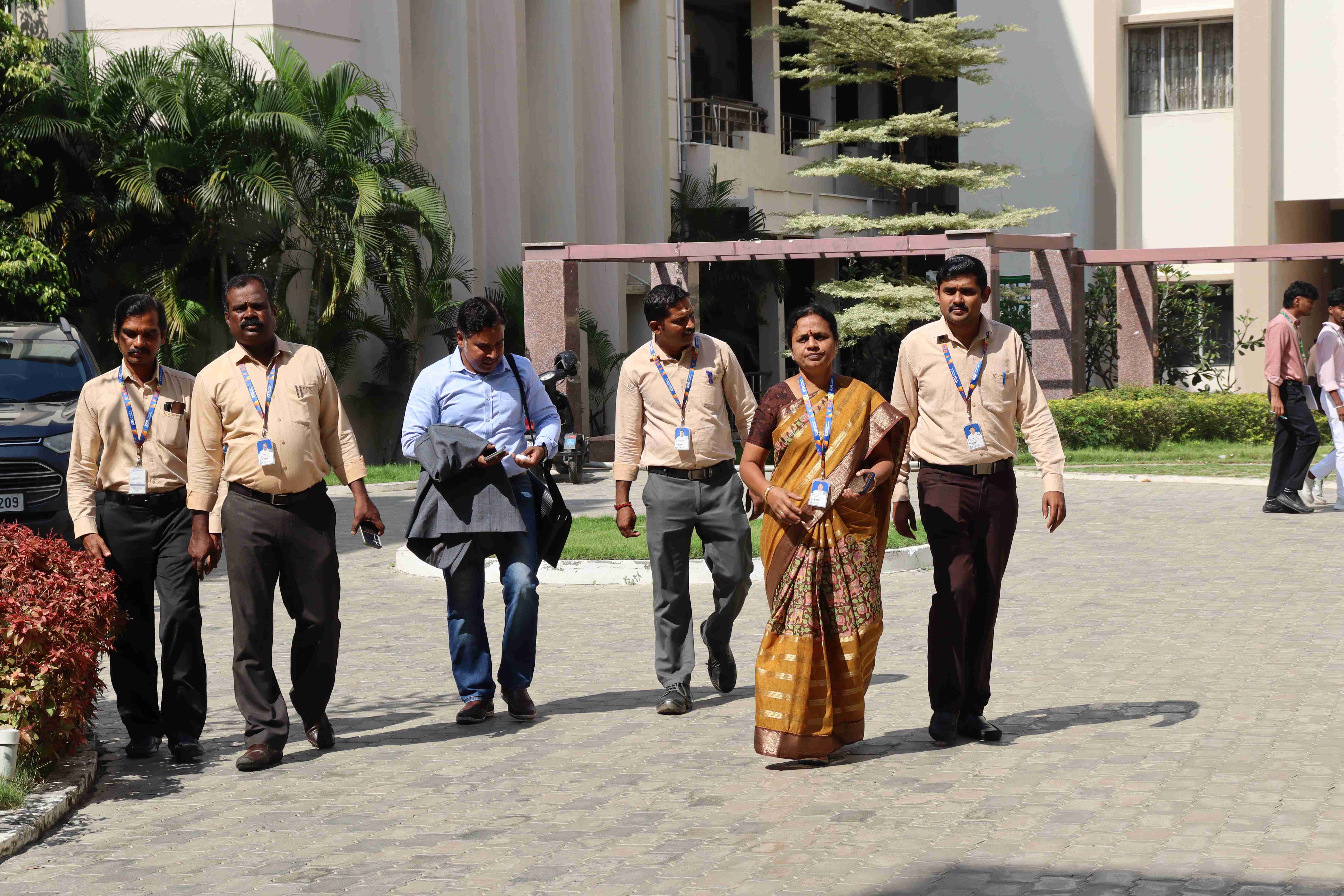





Master Graduates will be able to:
M.C.A. - Master of Computer Applications
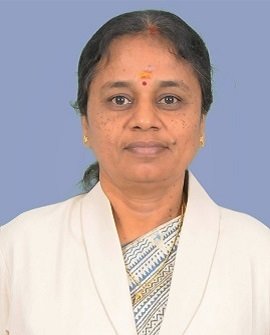
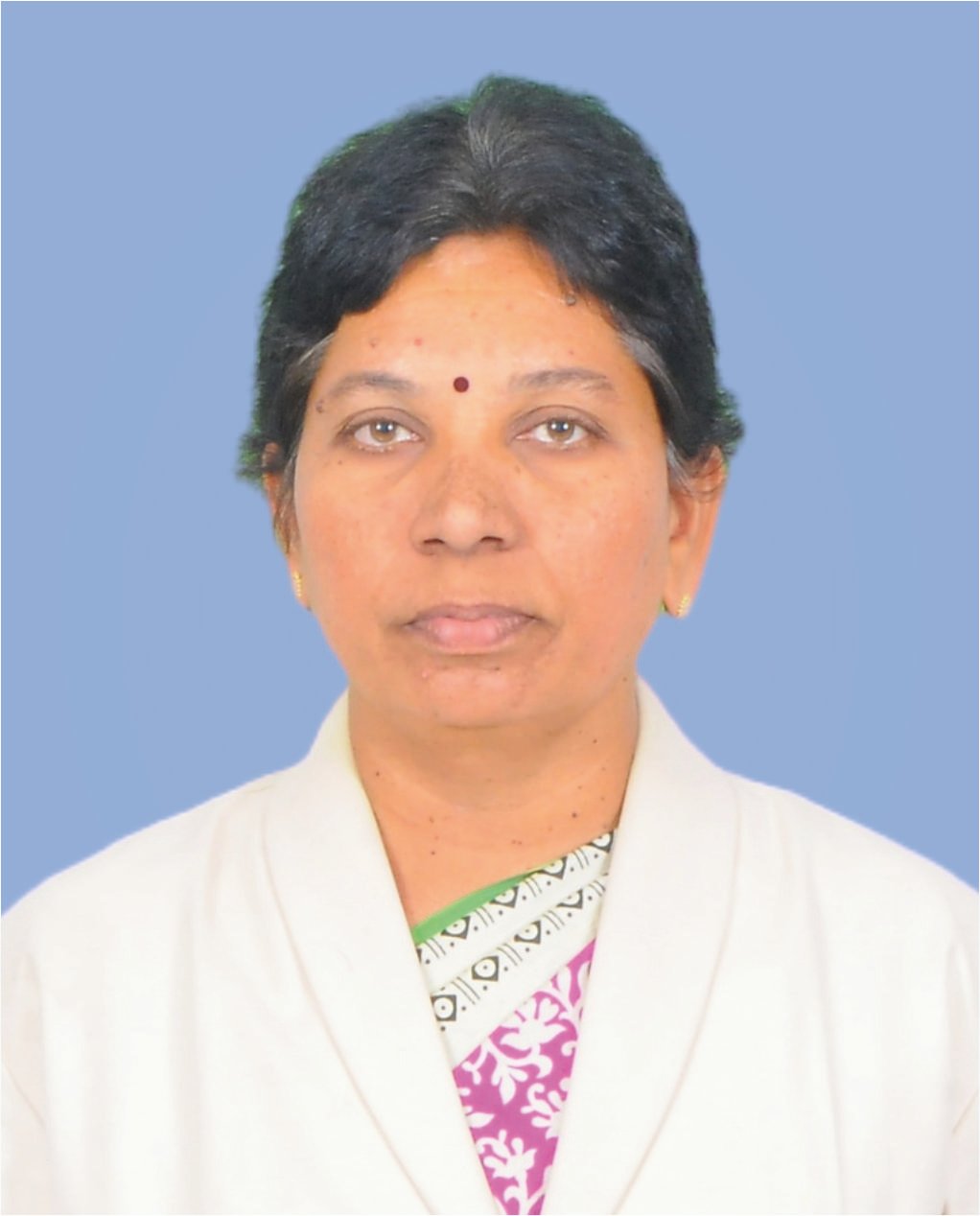
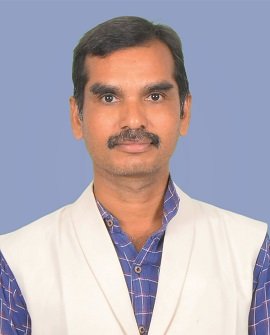
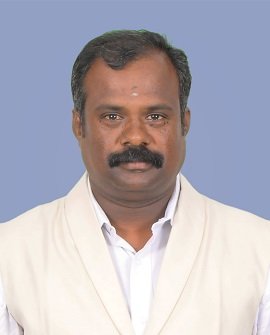




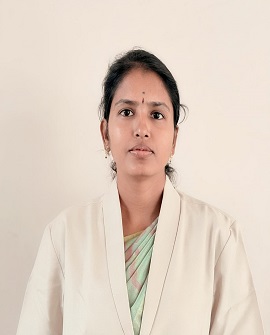
Research work is a important part of every department at K.S.R. College of Engineering. Here’s the roundup of the research work – publications, patents, Grants and programs organized by the department.
Each department has connections with relevant industry professionals, tie-ups through MOUs with companies in order to facilitate Internships, Industry visits, Projects, Knowledge Sharing Expert Sessions by industry experts. This greatly helps us to bring in the industry-perspective into the courses being taught and a hands-on learning for the students.
I take pride in being an alumnus of KSR College of Engineering, Department of MCA (Batch 2008–2011). The institution’s commitment to academic excellence, practical learning, and professional development equipped me with the skills and confidence essential for success in my career. My sincere thanks to KSR College of Engineering for its lasting impact on my journey.
As a proud alumna of KSR College of Engineering, Department of MCA, batch of 2020–2022, I am grateful for the strong academic foundation, practical exposure, and career-focused training provided by the institution. The dedicated faculty, effective placement preparation, and vibrant campus activities shaped my skills and confidence, helping me secure a position through campus recruitment. Thank you KSR College of Engineering for being an integral part of my professional journey.
I am grateful for the invaluable experience I gained at KSR institutions—from schooling to graduation. The support and guidance from my mentors shaped my personal and professional growth. Today, as a Project Lead managing a 150-member team at Wipro Technologies, I remain thankful for the values and confidence KSR instilled in me.
As a proud alumnus of KSR College of Engineering, Department of MCA, batch of 2020–2022, I am grateful for the strong academic foundation, practical exposure and career-focused training the institution provided. Dedicated faculty, effective placement preparation and vibrant campus activities shaped my skills, confidence and readiness for professional success. Thank you KSR College of Engineering for being an integral part of my journey.
I did both my UG and PG in KSR College of Engineering, first of all I just wanted to thank you for being such an inspiring and supportive Professor. Their passion for the subject and constant encouragement have made a big difference in my learning experience. I’m truly grateful to have been the student of KSR College of Engineering.
Studying at K.S.R College of Engineering was a game-changer for me. The rigorous curriculum and excellent faculty helped me secure a job at a top tech firm. I'm grateful for the opportunities I got here. Vasanthakumar M did MCA from 2014 to 2016.
My time at K.S.R. College of Engineering was pivotal in shaping my career and personal growth. The supportive faculty and rigorous academic environment helped me develop essential skills. Dr. T. J. B Durga Devi (2006 to 2009 Batch).
Phone : +(91) 9486091964
Email : hodmca@ksrce.ac.in
Phone : 9486973389
Email : geethar@ksrce.ac.in